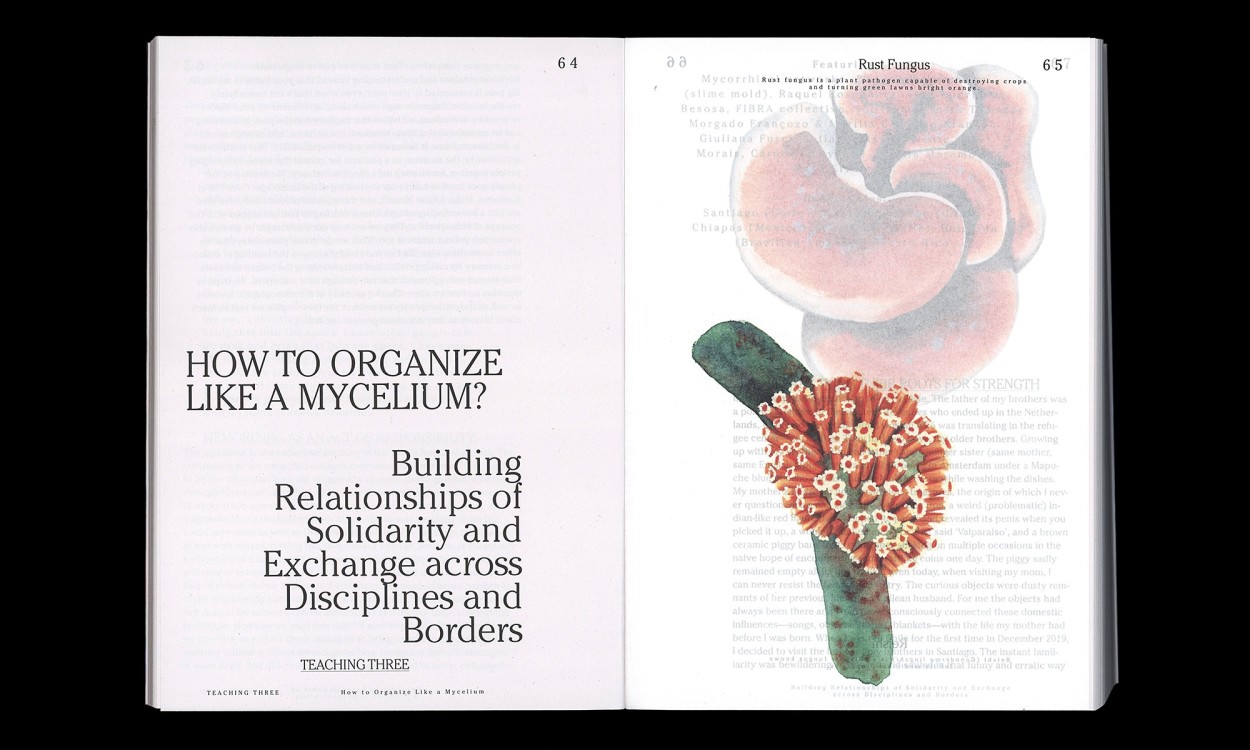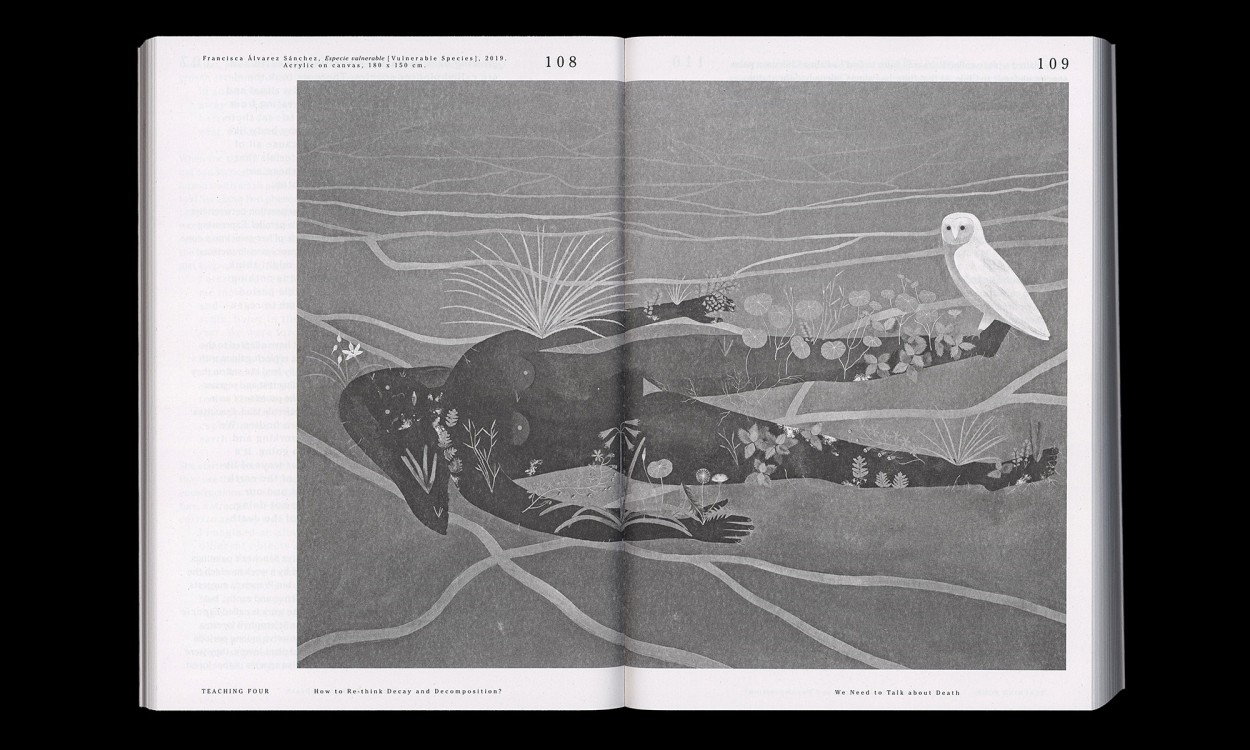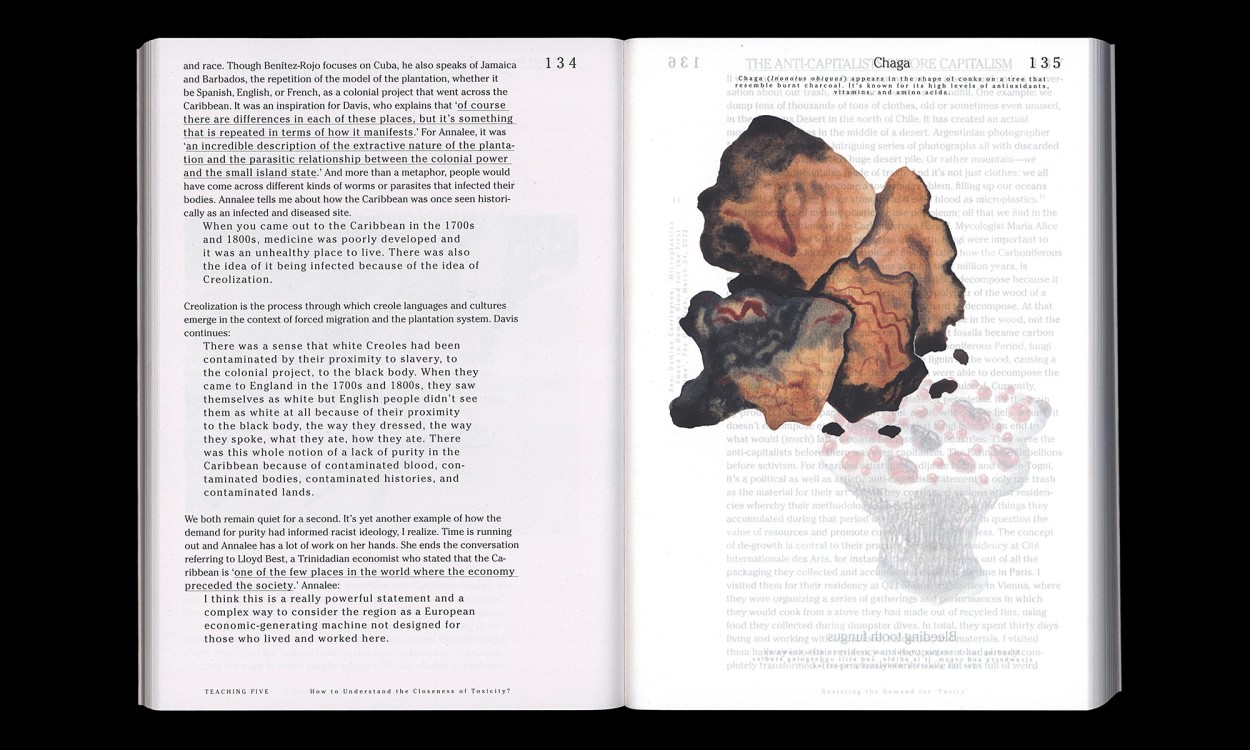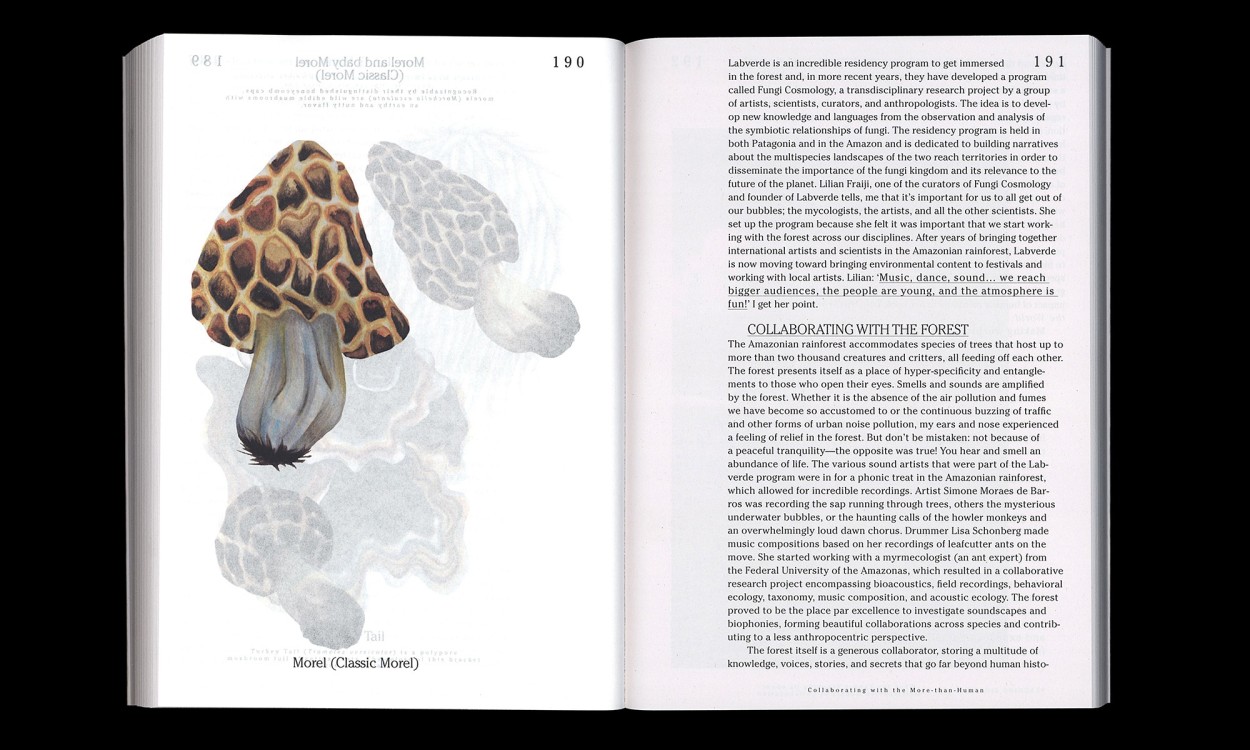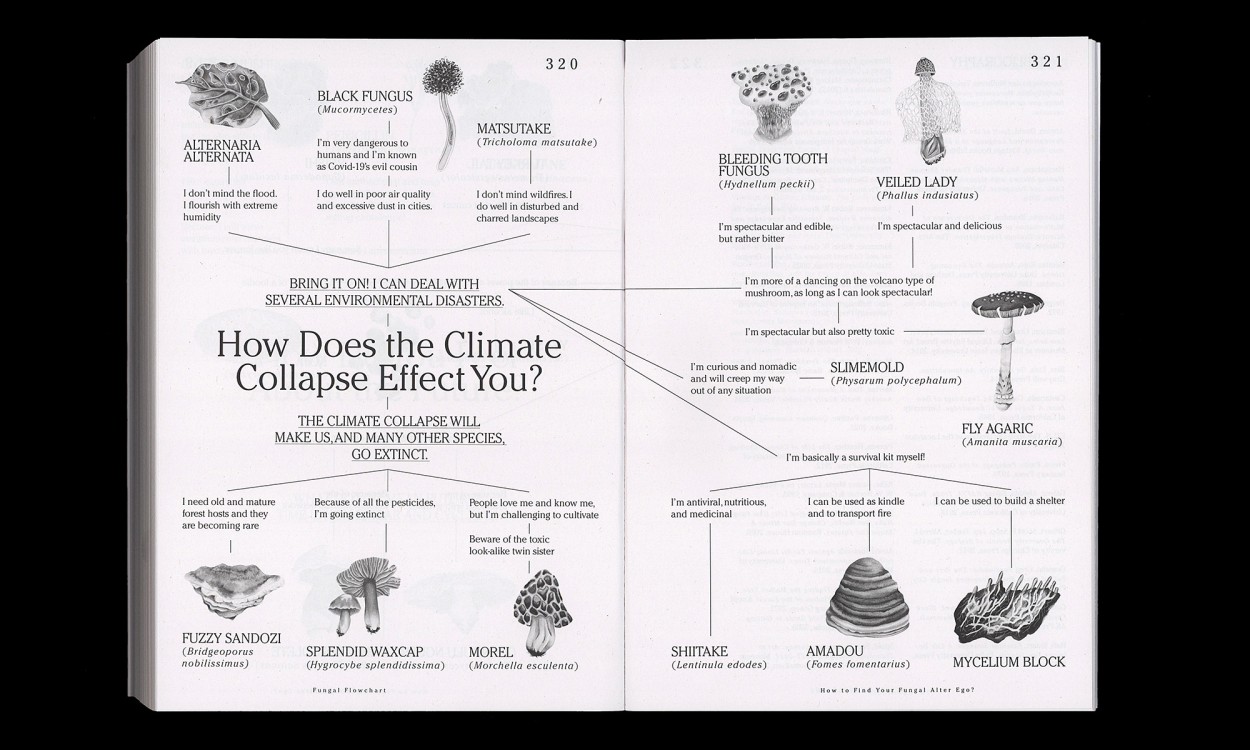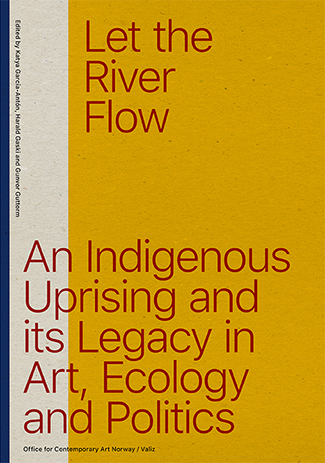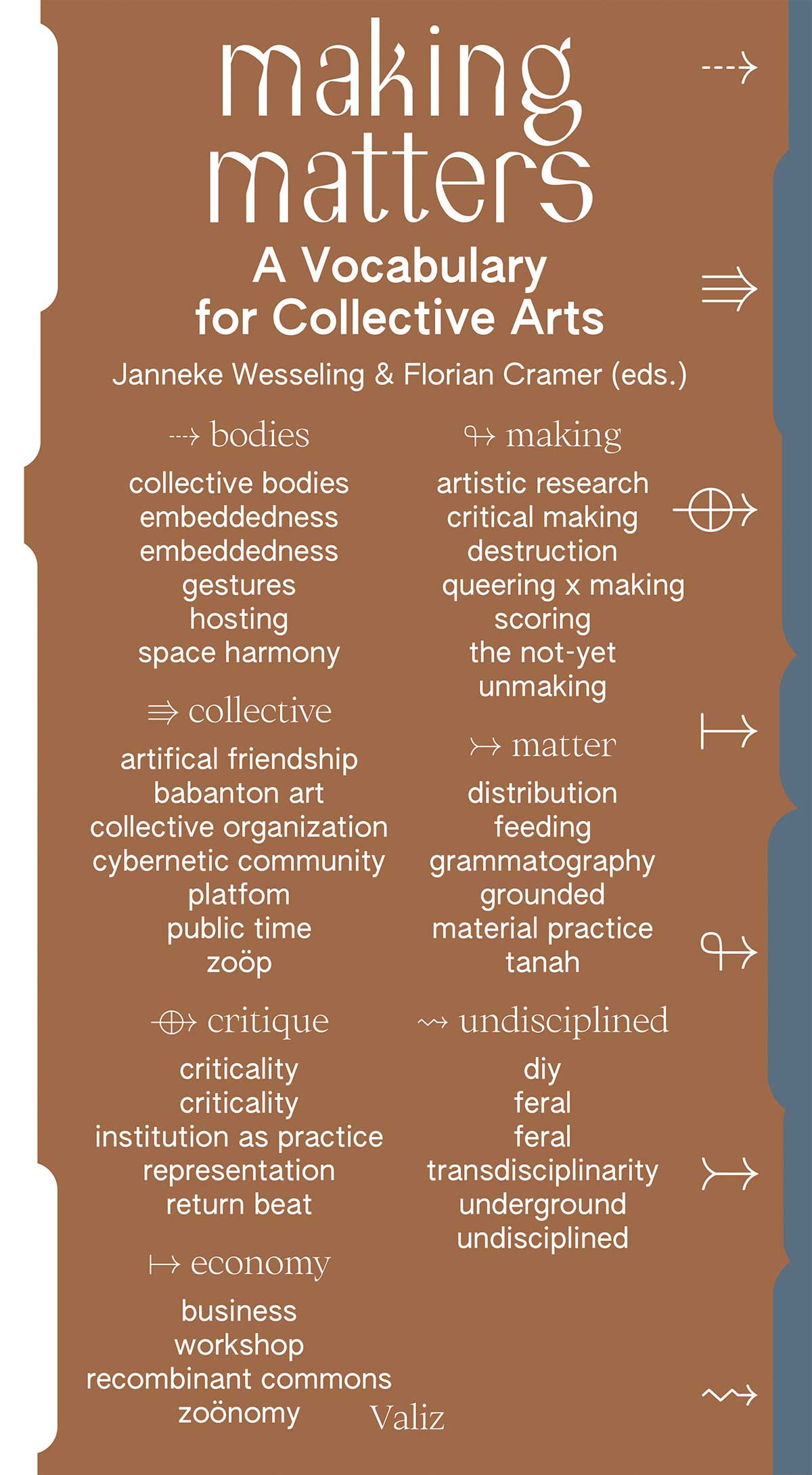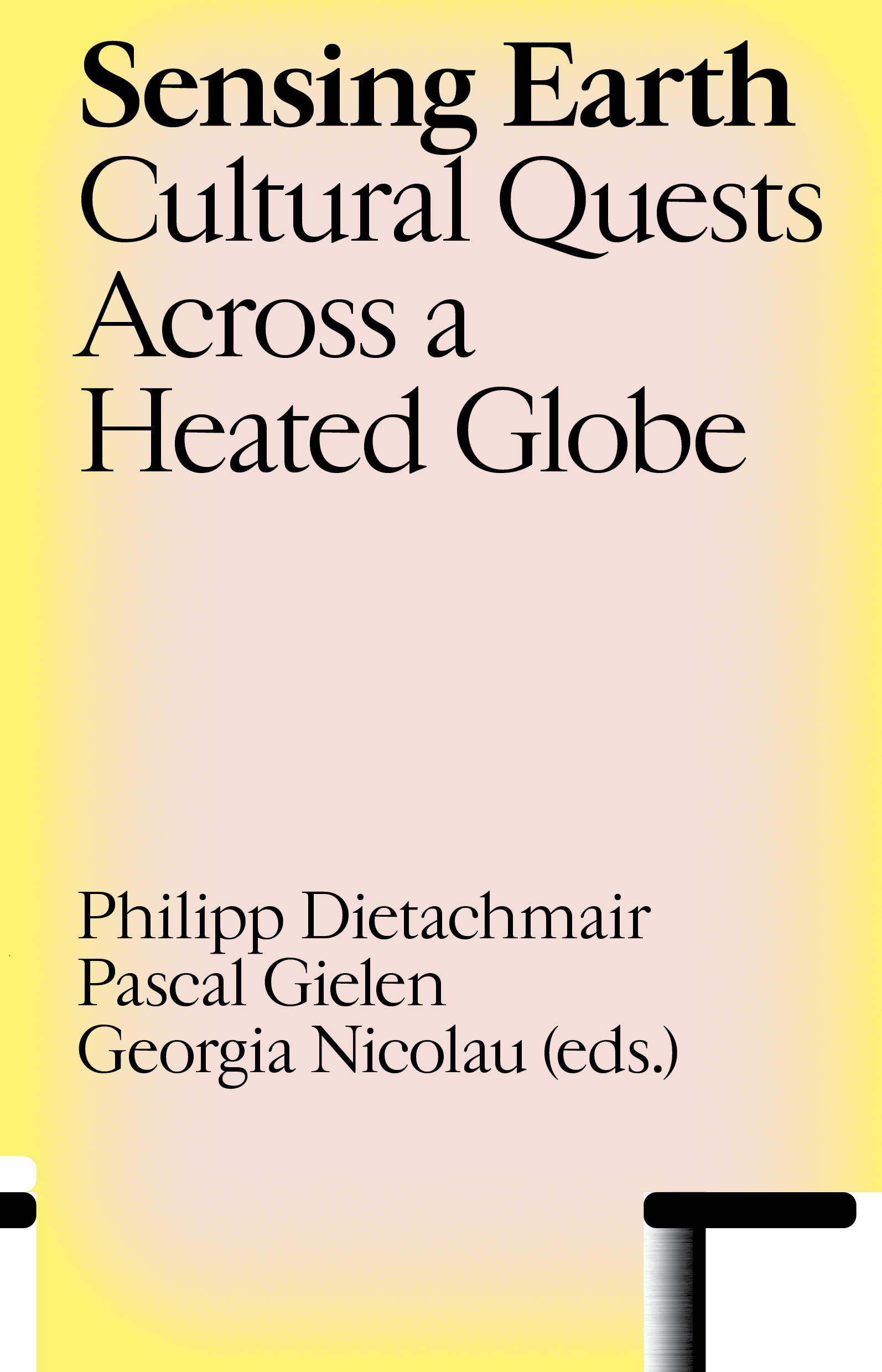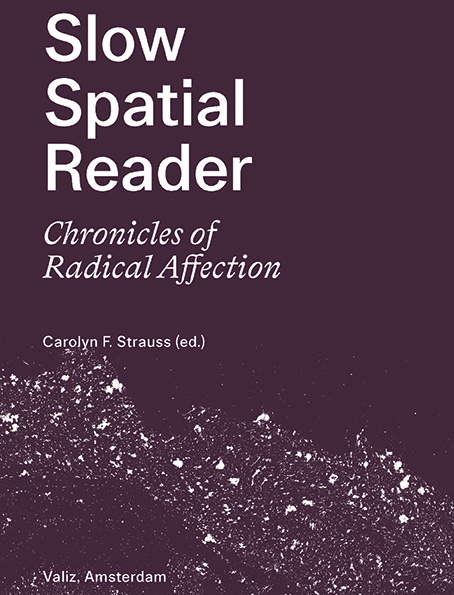Let’s Become Fungal!
Mycelium Teachings and the Arts
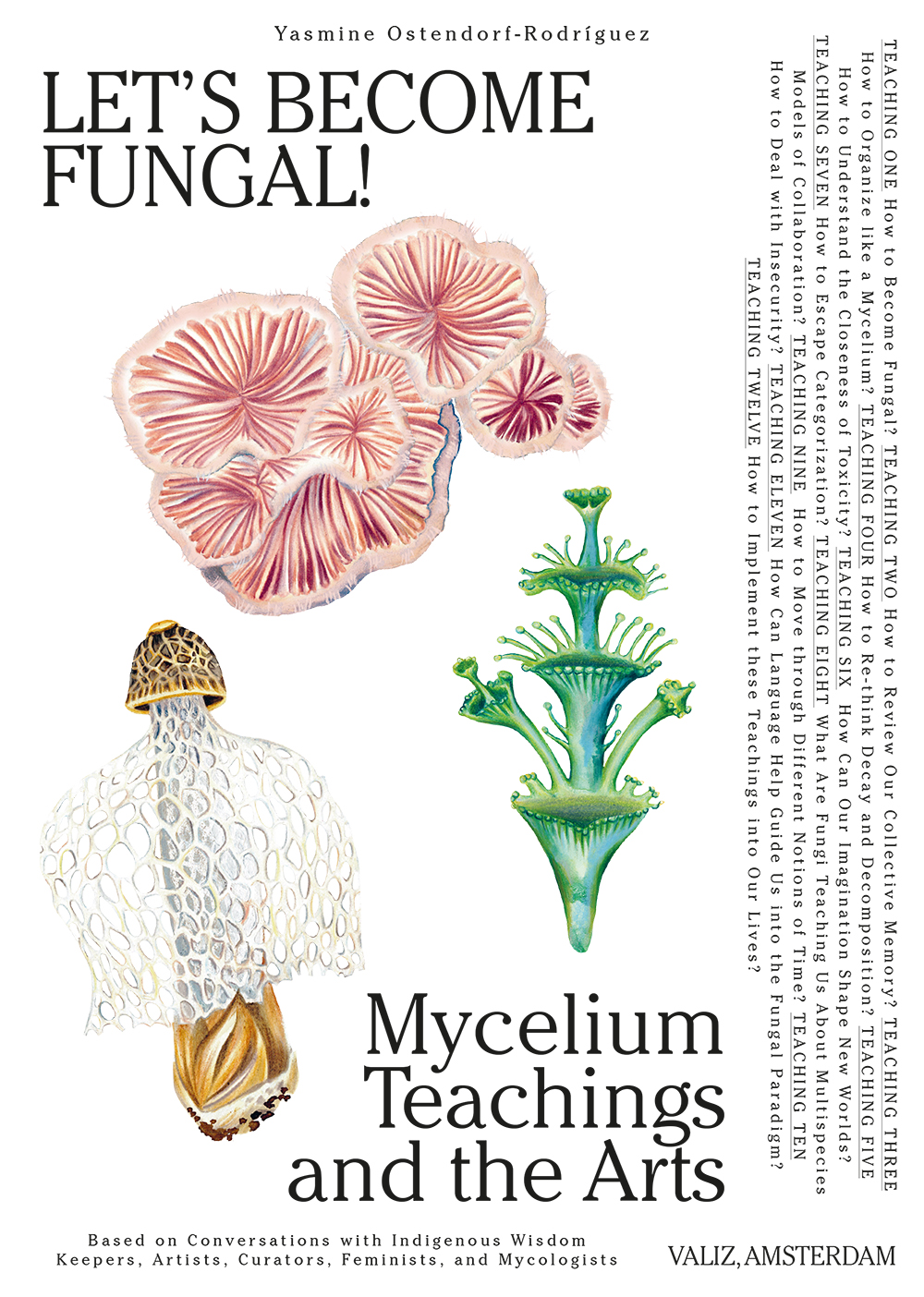
- Draws on art and uses the world of mycology and the mycelium of the fungal world as source of inspiration
- Based on conversations with indigenous artists, curators, feminists and mycologists
- Explores collaborative practices rooted in interspecies exchange, symbiosis, alliances, non-monetary mediation, decentralization, bottom-up methods and equal dependence
- Proposes new ways of thinking that can be activated in powerful networks, networks and organizations
- Selected as one of the Best Dutch Book Designs of 2023!
Author: Yasmine Ostendorf-Rodríguez
Inspired by conversations with: Francisca Álvarez Sánchez, Carolina Caycedo, Annalee Davis, Maya Errázuriz, Juan Ferrer, Lilian Fraiji, Giuliana Furci, Sofía Gallisá Muriente, Yina Jiménez Suriel, Patricia Kaishian, Mirla Klijn and Olaf Boswijk, Lola Malavasi and Daniela Morales Lisac, Martina Manterola and Carmen Serra, Camila Marambio, Mariana Martínez Balvanera, Claudia Martínez Garay, Lina Meija and Luciana Fleischman, Tomaz Morgado Françozo and Marília Carneiro Brandão, Marion Neumann, Maria Alice Neves, Tara Rodríguez Besosa, Raquel Rosenberg, Juli Simon, Ela Spalding, Gianine Tabja, Gabriela Flores del Pozo and Lucia Monge, Fer Walüng, Tatyana Zambrano
Design: Andrea Spikker
with illustrations by: Rommy González
August 2023, Valiz | book supported by Mondriaan Fund, Prins Bernhard Cultuurfonds, De Gijselaar-Hintzenfonds; workshop programme supported by: Stichting Doen, Creative Industries Fund NL | pb | 336 pp. | 24 x 17 cm (h x w) | English | ISBN 978-94-93246-28-7
Yasmine Ostendorf-Rodríguez works as curator and researcher on art and ecology, and is based in Mexico-City. She founded and directed many international initiatives at the intersection of art and ecology, including the Green Art Lab Alliance (Asia, Latin America and Europe) and the Nature Research Department, the Van Eyck Food Lab, and the Future Materials Bank at the Jan van Eyck Academie (Netherlands).
In the media:
- Click here to read the review of Let's Become Fungal! by Julia Leitert in Journal Culinaire (November 2024)
- (Only in Dutch) Click here to read the interview with Yasmine Ostendorf-Rodríguez by Mischa Verheijden on Re-Story (26 March 2024)
- Click here to watch the promo video of Let's Become Fungal!
- Interview with Yasmine Ostendorf-Rodríguez about Let's Become Fungal! by Joey Levenson on It's Nice That (4 September 2023)
- Click here to read the review of Let’s Become Fungal! in Domus (16 July 2024)
- Click here to read the review of Let's Become Fungal! by Risk Hazekamp in FORUM+
There is a growing interest in fungi and mycelium as a material, the ever-branching connecting threads of the fungal world. The entanglements and how this rhizomatic network functions is not just a fascinating ecological system and material, but carries a profound usefulness as a metaphor for our potential new systems, ways of thinking and behaviors.
Let’s Become Fungal! takes its inspiration from the world of art and mycology and shares innovative practices from Latin America and the Caribbean that are rooted in multispecies collaboration, symbiosis, alliances, non-monetary resource exchange, decentralization, bottom-up methods and mutual dependency—all in line with the behavior of the mycelium.
Every chapter is phrased as a question. They do not lead to answers, but to twelve teachings addressing for instance collaboration, decoloniality, non-linearity, toxicity, mobilization, biomimicry, death, and being non-binary. Simultaneously it ventures deeper into the world of fungi. The teachings from the fungus may inspire artists, collectives, organizations, educators, policy-makers, designers, scientists, anthropologists, change-makers, curators, urbanists, activists, gardeners, community-leaders, farmers, and many others, to become more fungal in their ways of working and being.
Let’s Become Fungal! Workshops
Let’s Become Fungal! is more than a book. It’s a methodology and a way of thinking that can be activated in communities, networks, and organizations. The author offers a program of twelve collaboratively crafted mycelial workshops to activate each Teaching with a group. From mycelial meditations to Reading Groups to biomimicry exercises, the workshops are suitable for anyone who, after reading this book, wants to become fungal. In addition to the author, the workshops are guided by guest mycologists, (bio)designers, architects, artists, and community organizers. Workshops last one full day and groups can be between ten to thirty people.
For more information about the upcoming workshops and how to book one: see this page (this page will be updated continously with the current programme).

